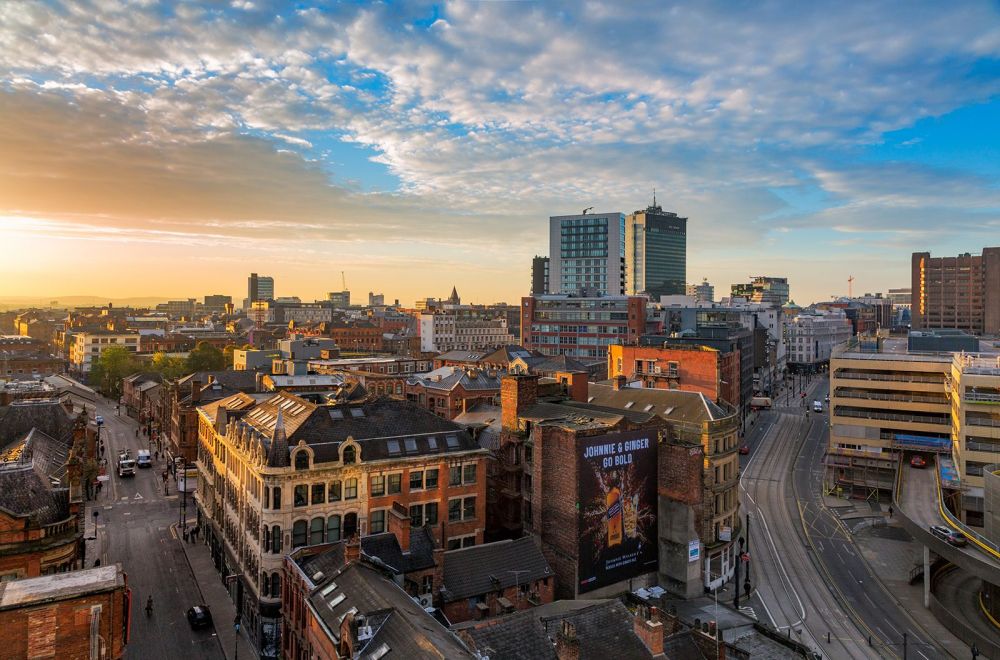

Manchester, located in the northwest of England, has undergone significant transformation over the past few centuries, evolving from a Roman fort called Mamucium to a crucial hub during the Industrial Revolution thanks to its textile manufacturing. Its rich history and culture have become a cornerstone of its appeal to tourists worldwide.
The city started to gain recognition as a tourist destination in the 19th century, with people eager to see the innovations of the Industrial Revolution. The development of the city's canal network, particularly the Manchester Ship Canal, marked Manchester as the world’s first industrial city, which sparked curiosity and drew visitors.
The decline of industrial activity in the late 20th century impacted tourism, but Manchester reinvented itself with a focus on cultural rejuvenation. Investment in the arts, such as the opening of the Manchester Art Gallery and the development of the Lowry arts complex, breathed new life into the city’s tourist appeal.
In the 1980s and 1990s, Manchester's music scene became a major draw for tourists with bands like The Smiths, Oasis, and The Stone Roses earning international recognition. Manchester United Football Club and Manchester City Football Club have also played a significant role in attracting sports enthusiasts from around the globe.
In recent years, Manchester has continued to invest in new attractions and infrastructure, including the development of MediaCityUK, a hub for digital creativity and broadcasting. The Manchester International Festival, which started in 2007, also brings visitors to the city every two years for a vibrant celebration of performance and visual arts.
Like many global destinations, Manchester's tourism was deeply affected by the COVID-19 pandemic. However, the city is bouncing back, embracing new trends such as virtual tourism and sustainable travel. Manchester is focusing on offering more open-air and spaced-out experiences, such as guided tours of historic areas or outdoor markets, accommodating health and safety concerns.
As ethical travel becomes increasingly important, Manchester is adapting by promoting sustainable practices in its tourism industry. This includes encouraging the use of public transportation and bicycles, as well as highlighting eco-friendly accommodations and eateries. Technology also plays an essential role in modern tourism. Mobile applications, virtual reality experiences, and enhanced online access to tourist resources and services are setting the stage for a more integrated and immersive experience for visitors to Manchester.